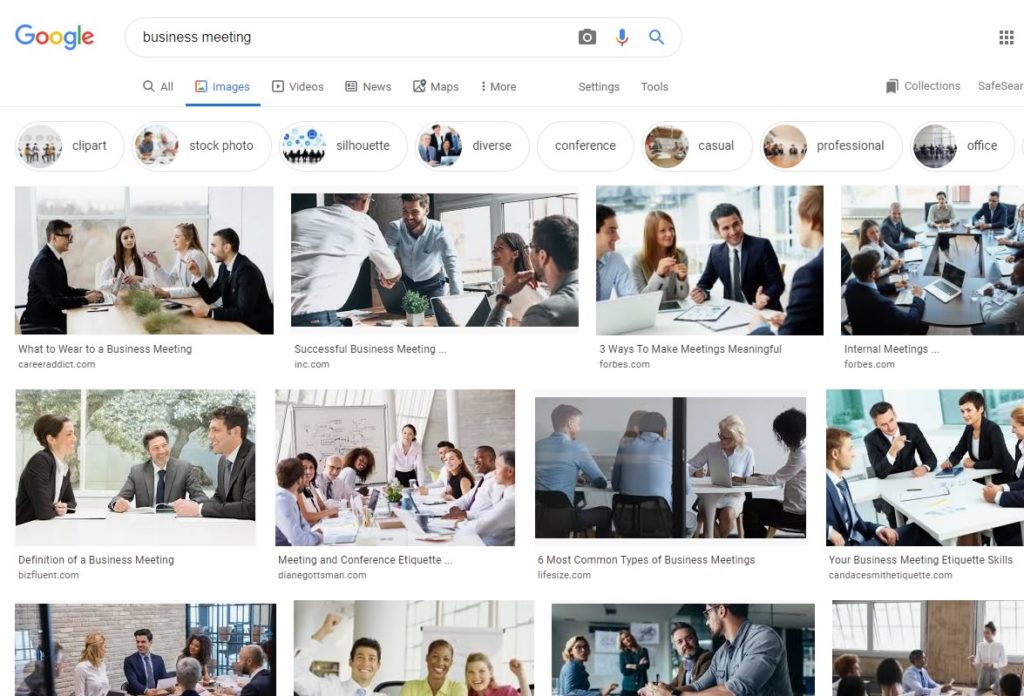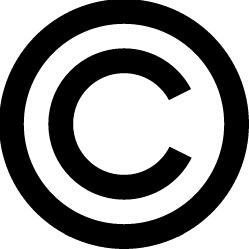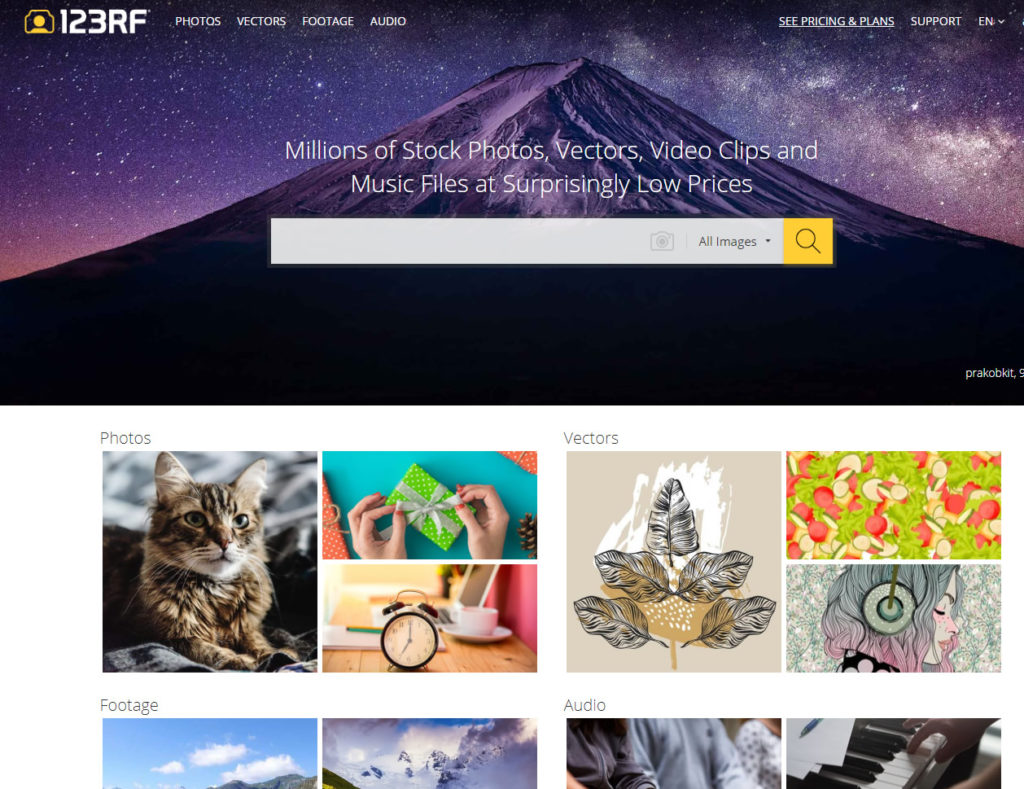Can I Use Photos Found On the Web In My Website?

Images are an important part of any web site. They grab visitors’ attention, communicate ideas, and can make your pages flow better and look better. But where can you find the photos you want?
Of course there are hundreds of thousands of images to be found on other websites. Is it acceptable to copy someone else’s picture and incorporate it in your website or blog?
The short answer is: NO. Unless you have paid for a photo or have been granted explicit permission to use it on your website, the safe choice is not to use it.
Using Google Images to find the photo you want is quick and easy, but it’s not the best idea if you want to avoid legal trouble. Reverse image search services (like TinEye) can easily allow photographers and illustrators to find their photos online and determine if you’re using them without permission.
Copyright Law
 First, keep in mind that I am not a lawyer, and the details of copyright law as they apply to digital works can be complicated, and they are constantly changing. So consult a lawyer if you need specific answers or direction.
First, keep in mind that I am not a lawyer, and the details of copyright law as they apply to digital works can be complicated, and they are constantly changing. So consult a lawyer if you need specific answers or direction.
First, some basic copyright facts. In the U.S., pretty much anything created privately and originally since the late eighties is copyrighted and protected AUTOMATICALLY, whether it has a notice or not. The upshot of this is that small businesses generally don’t need to worry about posting complicated copyright notices on their websites.
Also, copyright can be violated whether you charge money or not on your website. Copyright laws are becoming more serious, and pressure from corporations is constantly moving copyright violations into the criminal realm.
The “fair use” exemption to U.S. copyright law was created to allow things such as commentary, parody and news reporting, and doesn’t require the permission of the author. However this mostly applies to written content, such as quoting from a New York Times article. More on fair use can be found here.
Be careful with images obtained from 3rd party sources, such as sites that offer free images, or even sample images purchased with a site template. If those images weren’t licensed correctly, the company that owns them could sue YOU.
Legit Ways To Obtain Photos

The ideal choice, of course, is to use your own photos. There are countless tutorials online that can help you to improve your photography skills. That’s not always possible or practical though, so instead you’ll want to look to trustworthy ‘stock photo’ websites.
The safest options are sites that sell images, or more accurately, they ‘license’ them, selling the right to use their photos on your website. We recommend sites like 123RF or iStock because of the large selections, powerful photo search features, and their protections, even covering you up to a set amount if you get sued for using one of their images.
Images purchased this way generally cost just a few dollars, depending on the size of course. Definitely consider purchasing a few images for your primary pages, as professional images can make a good impression on visitors.
How To Get Free Photos

There are many free stock image websites. However, be cautious when using lesser-known sources, which may offer images without the author’s permission. Google’s image search allows you to target photos that are ‘labeled for reuse/commercial reuse’, but be very careful, since this is no guarantee that the search results are really free to use.
Some photo sharing sites that we recommend are:
Also, photo sharing sites like Flickr contain a wide variety of images with different licenses. The image license determines whether you have permission to use a file or not. For example, not all licenses allow their photos to be used commercially. Visit the Creative Commons website for details on image licenses.
Finally, always remember to consider the source. Just because someone slaps a Creative Commons label on a photo doesn’t mean that they own the photo or even understand what the label means. For more information on photos, copyrights, licenses and such, visit www.copyright.gov, www.photolaw.net, www.dom4j.org and photography.about.com.

